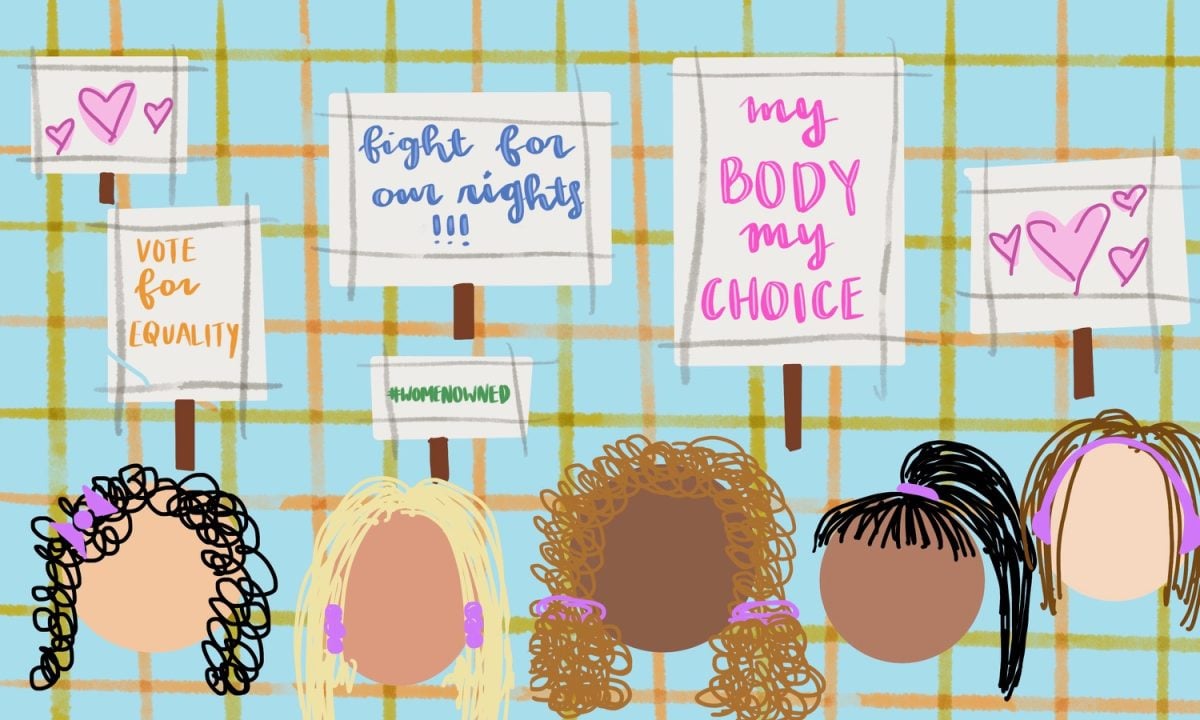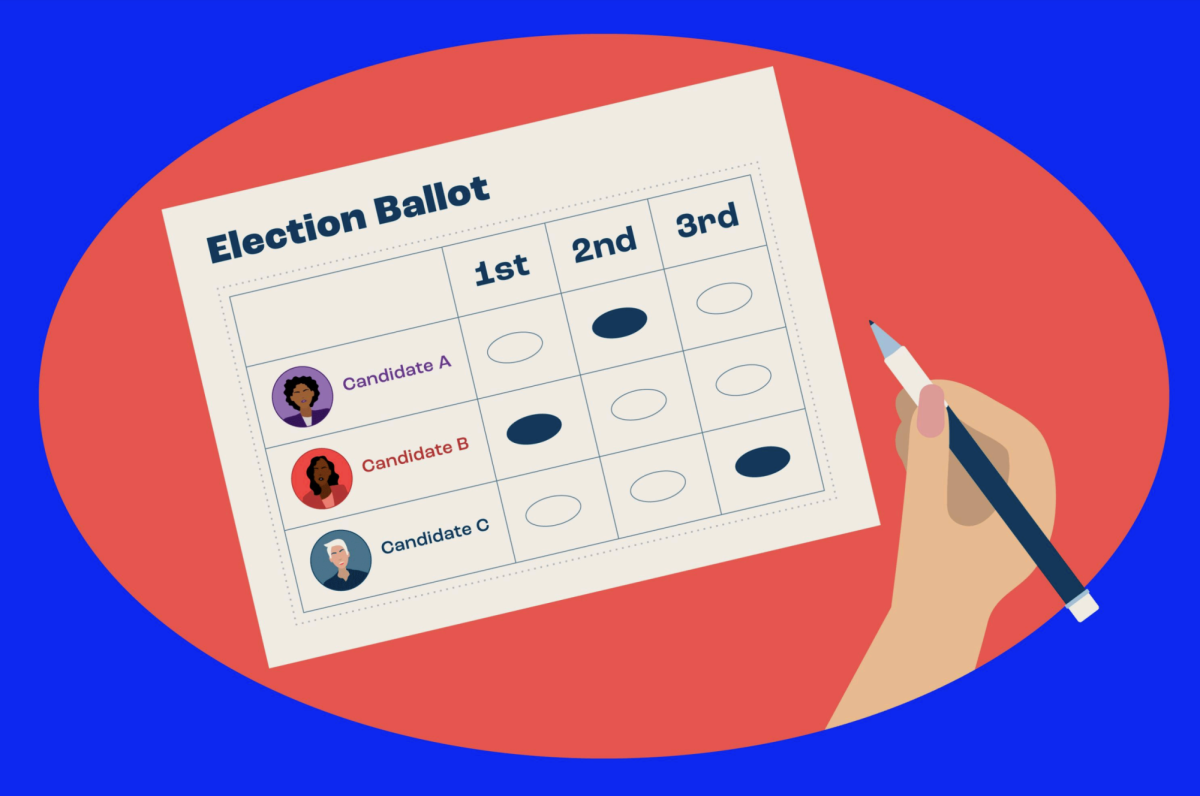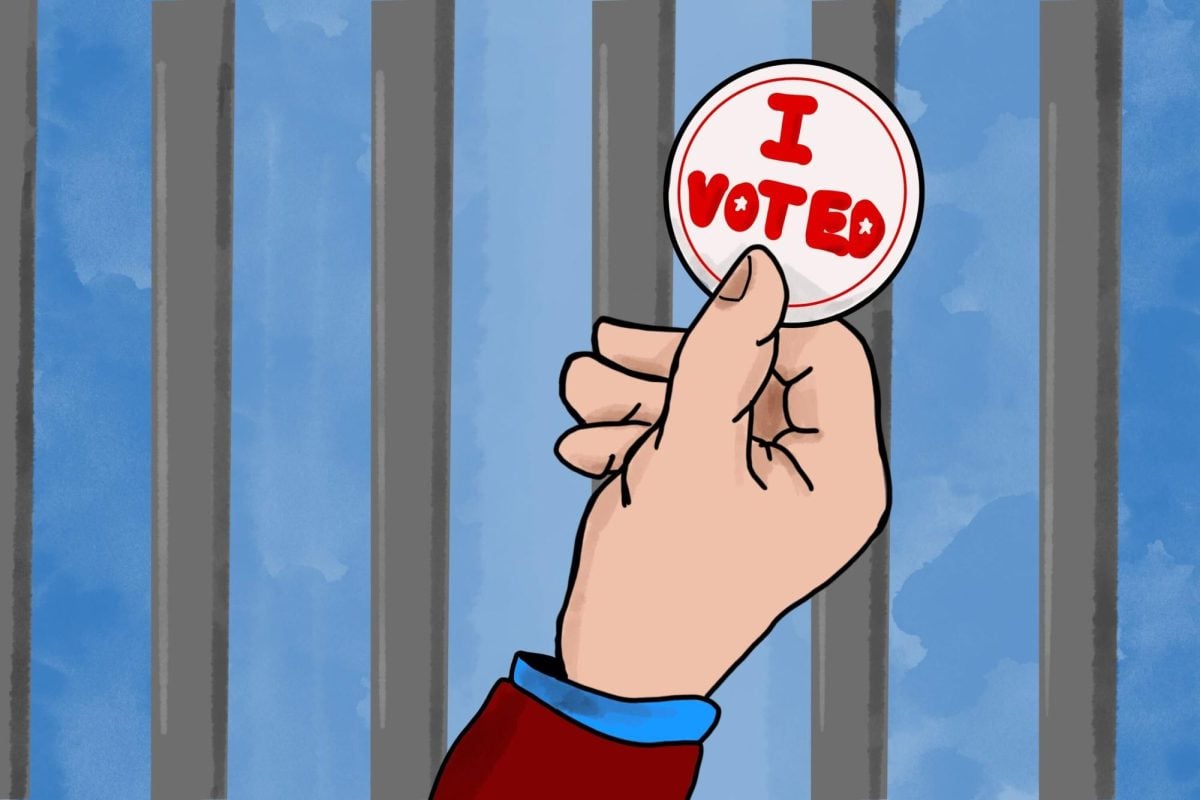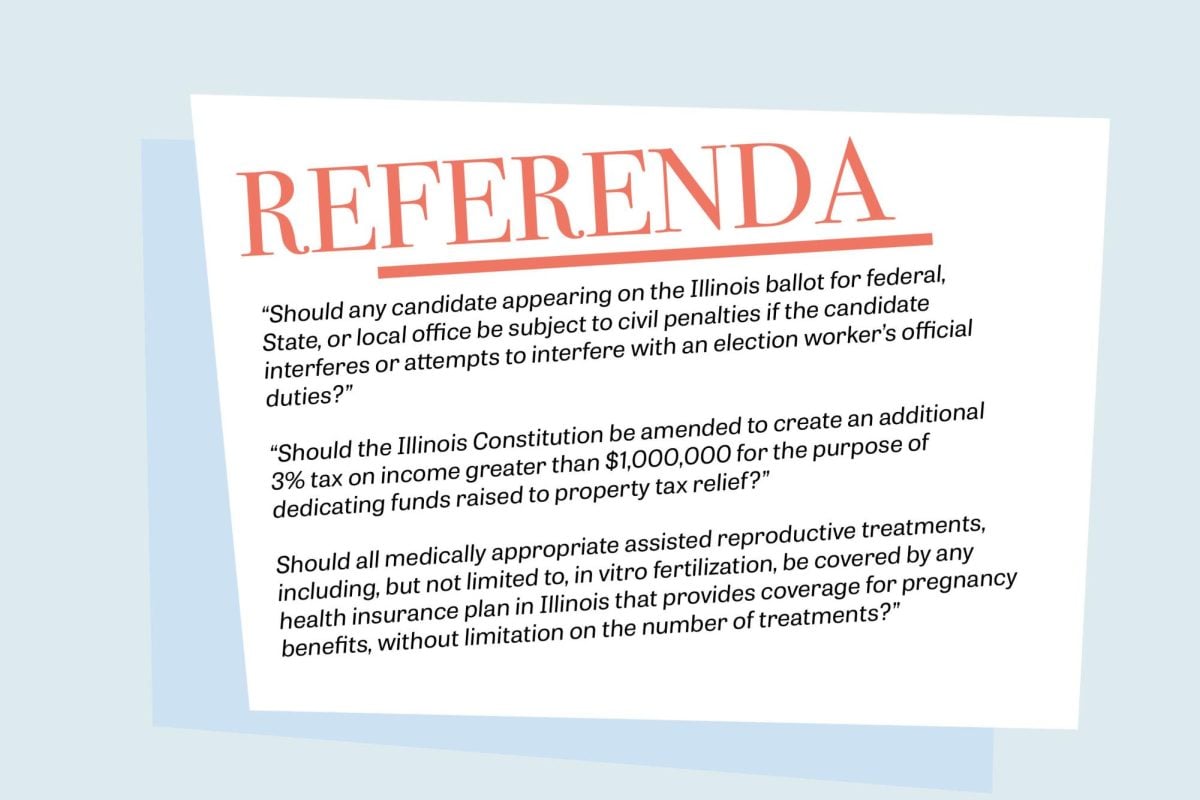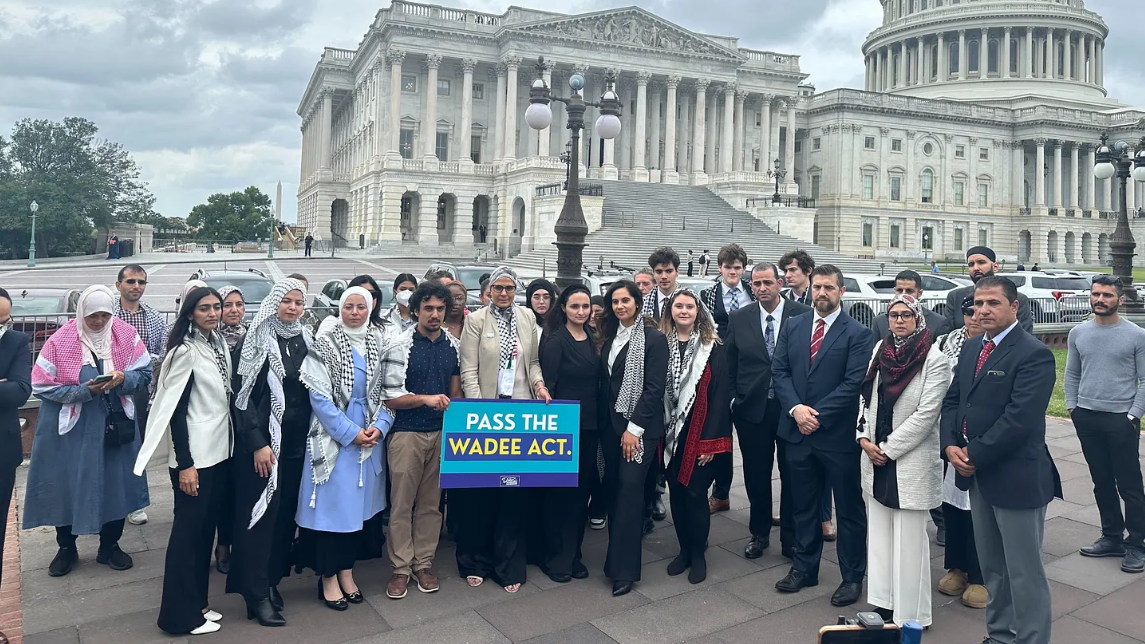The annual Chicago Humanities Festival kicked off Sunday with a little more Northwestern presence than usual.
For the first time in its 22-year history, the festival began with Evanston Day, a series of seven events throughout the day on NU’s campus. The festival traditionally opens with Hyde Park Day on the campus of the University of Chicago.
The theme of this year’s festival is “Tech Knowledge.”
Art history Prof. S. Hollis Clayson, the director of the Alice Kaplan Institute for the Humanities, was instrumental in making Evanston Day a reality. Clayson discussed her reasons for wanting to bring the festival to Evanston.
“There are many humanities supporters who live on the North Shore,” Clayson said. “Some of those people might not want to go all the way into Chicago to attend all the festival’s usual events.”
Evanston Day began with “Technology’s Tomorrow,” a conversation between science fiction novelist William Gibson and NU english Prof. Bill Savage. The discussion focused on the blurring lines between the real and the virtual.
“The fact that everyone’s phone is now a camera as well changes our notions of privacy,” Savage said. “All sorts of ramifications come out of that that are changing the way we relate to one another in real space, to the degree which that still exists.”
Audience members also asked questions about whether the present has become the future that exists in much of Gibson’s science fiction writing.
“I’ve always thought of that moment as kind of the geek rapture,” Gibson said. “And I don’t think it’s going to happen, I think it’s already happening.”
Evanston Day continued with “Truth Machine,” a lecture by NU history Prof. Ken Alder exploring the history of the lie detector in America. Alder gave his theories on why America has uniquely embraced the lie detector in ways that other countries have not, comparing the back-and-forth of lie detector questioning to our prevalent plea bargaining system.
“Today, 90 percent of criminal convictions are mutually agreed upon pleas,” Alder said. “Even though it’s been banned from the courtroom, the lie detector perfectly encapsulates the American justice system.”
Later, “The Human Voice on Stage” examined the ways in which technology is used to manipulate the voices of on-stage performers and the challenges and opportunities technological advancements have provided the entertainment industry.
“Sound designers have this enormous responsibility because we go and buy our CDs, we walk into the theatre and we want the show to sound like our CD,” Dominic Missimi said. Missimi is the director of the upcoming production of RENT on campus.
Other Evanston Day events included a cabaret homage to Broadway composer Jerry Herman and a lecture by McCormick Prof. Noshir Contractor on the dynamics of social and knowledge networks.
Jara Kern, director of marketing and communications for the festival, encouraged members of the NU community who enjoyed Evanston Day to attend other festival events.
“Almost all of our events are free or five dollars for students, so you can see some of the greatest minds and the greatest performances in the world for almost nothing,” Kern said.
The festival resumes with Hyde Park Day on Oct. 23 and continues through Nov. 13. Notable figures scheduled to present include Pulitzer Prize-winning author Jared Diamond and composer Stephen Sondheim, who will receive the 2011 Chicago Tribune Literary Prize on Nov. 6.






